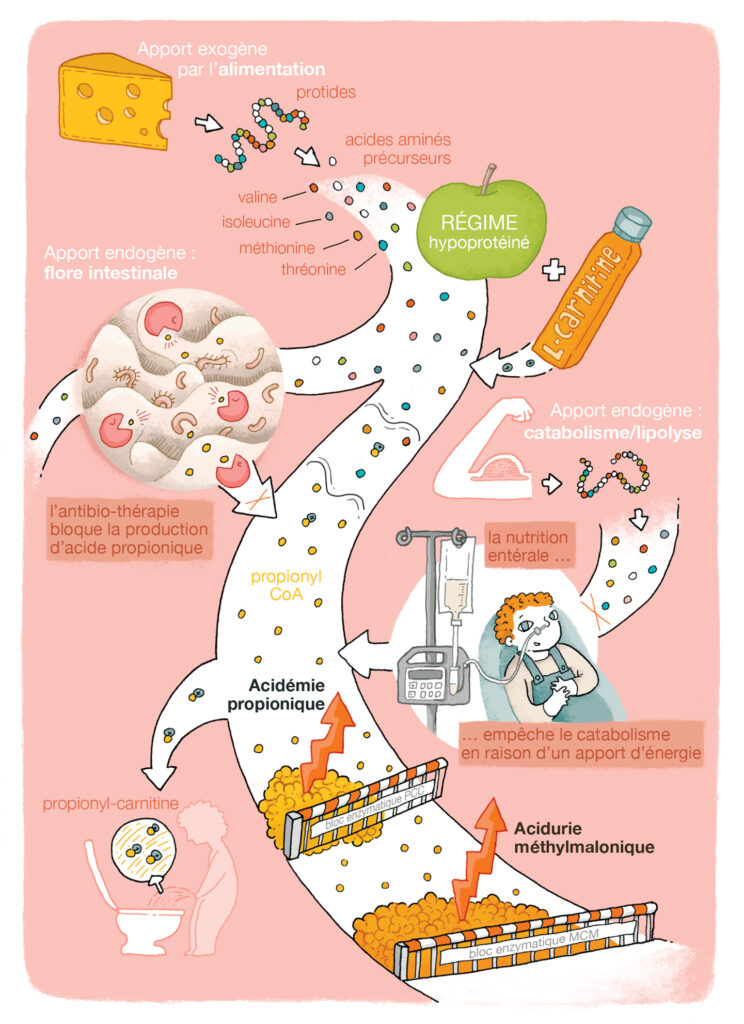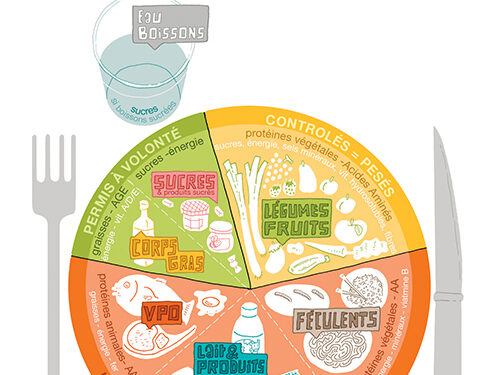Your disease
Biochemical reminder
Propionic and Methylmalonic Acidemia are due to the deficiency of 2 enzymes concerning the catabolism of 4 Amino Acids: Valine, Isoleucine, Methionine and Threonine. These deficiencies are located far down the metabolic chain and there is therefore no direct accumulation of the precursor amino acids but of other substances derived from them: Propionic Acid and/or Methylmalonic Acid.
These substances are toxic to various organs (primarily the brain, but also the heart, kidneys, liver, etc.). In addition, a secondary energy deficit can be observed in these pathologies.
- These 4 toxic precursor amino acids come from protein degradation, either exogenous (i.e. from the diet) or endogenous (degradation of the body’s own proteins).
- Propionic acid (and indirectly methylmalonic acid) can also be produced by certain intestinal bacteria
- More rarely, it can be produced by the metabolismThe metabolism is all the chemical reactions of a living organism. It also includes the associated exchanges of energy. of certain fatty acids with an odd number of carbon atoms (rare in the human diet).
The goal of the treatment is to limit the accumulation of toxic by-products, without causing deficiency and maintaining normal growth and development.
The diet
- limited in Protein (and therefore precursor Amino Acids), but covering the essential amino acidAmino acids are molecules that combine to form proteins. 20 amino acids make up the proteins of the human body. Of these, 8 are essential (our body cannot synthesise them, they must be supplied by the diet): isoleucine, leucine, lysine, methionine, phenylalanine, threonine, tryptophan, valine.
Arginine and histidine are semi-indispensable. In fact, only infants need to take them from their food.
Cysteine, glycine and tyrosine may be indispensable for certain populations requirements for growth (the use of an essential amino acidAmino acids are molecules that combine to form proteins. 20 amino acids make up the proteins of the human body. Of these, 8 are essential (our body cannot synthesise them, they must be supplied by the diet): isoleucine, leucine, lysine, methionine, phenylalanine, threonine, tryptophan, valine.
Arginine and histidine are semi-indispensable. In fact, only infants need to take them from their food.
Cysteine, glycine and tyrosine may be indispensable for certain populations blend without the toxic precursor amino acids may be necessary)
- and sufficiently energetic to reduce catabolism (favoured by intercurrent infectionsAn intercurrent infection is an infection that occurs during another illness. In this case there is interference of two diseases., fasting or anorexia which is frequent in these children).
This often requires continuous enteral feeding throughout infancy, at least during the night.
- Treatment with L-Carnitine, a drug that chemically binds to propionic and methylmalonic acid and is then excreted in the urine, thus providing a small additional “purification” and compensating for a lack of Carnitine.
- Alternate antibiotic therapy to modify the intestinal flora and limit the production of propionic acid by the intestinal bacteria.
- Vitamin B12 supplementation, to improve residual enzymatic activity in some patients with “B12-sensitive” methylmalonic acidemia and to broaden the diet (improved tolerance).
- Vitamin H (Biotin) supplementation is also sometimes proposed for propionic acidemia.





